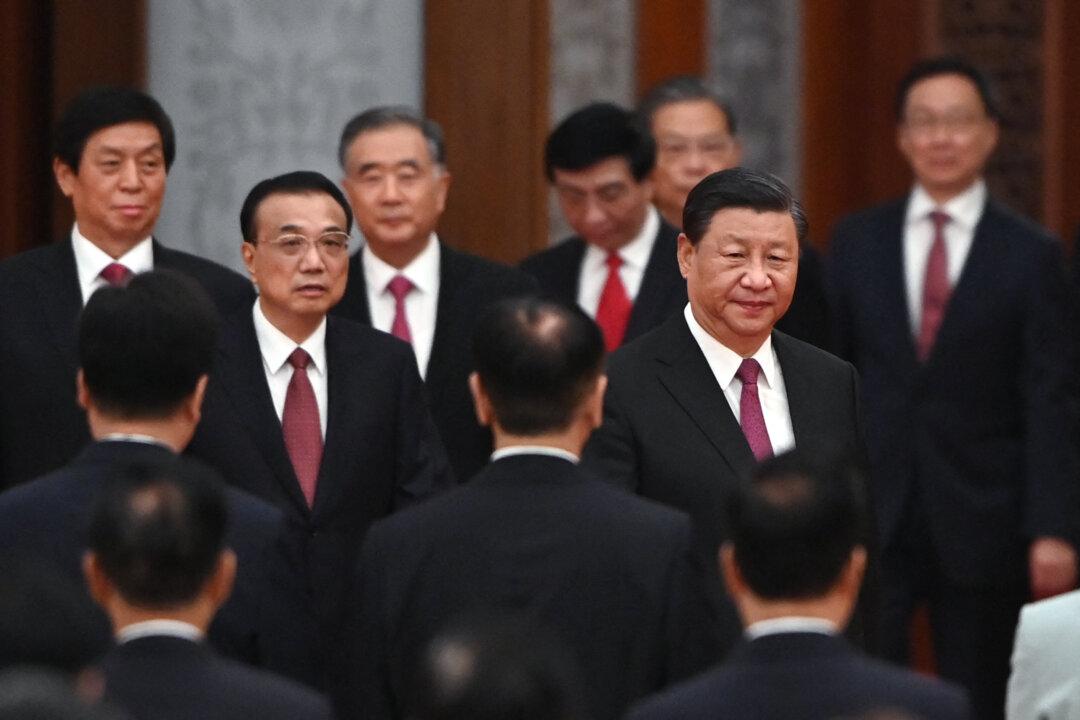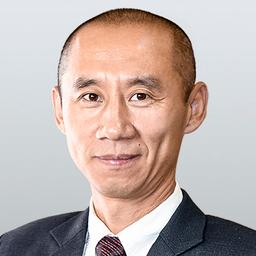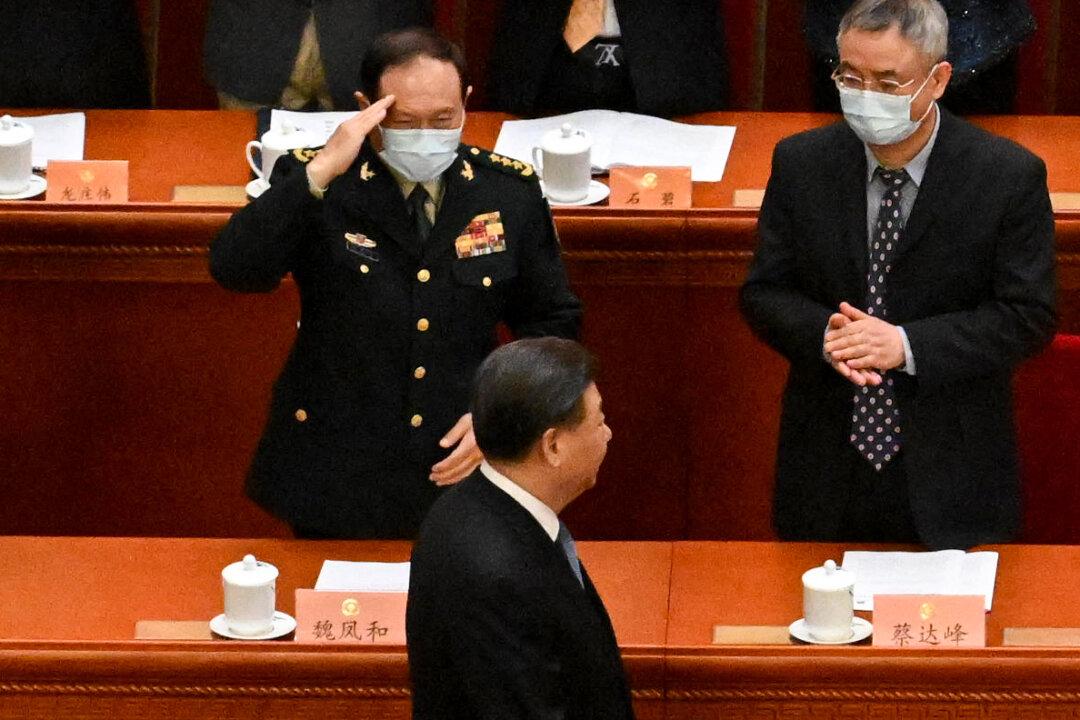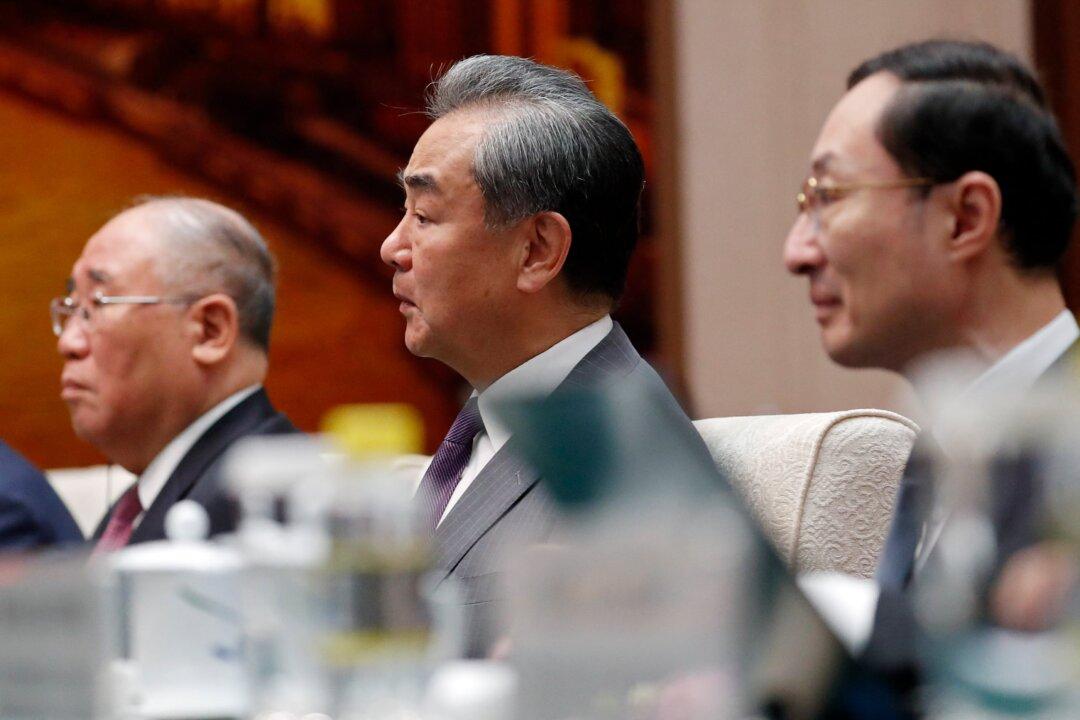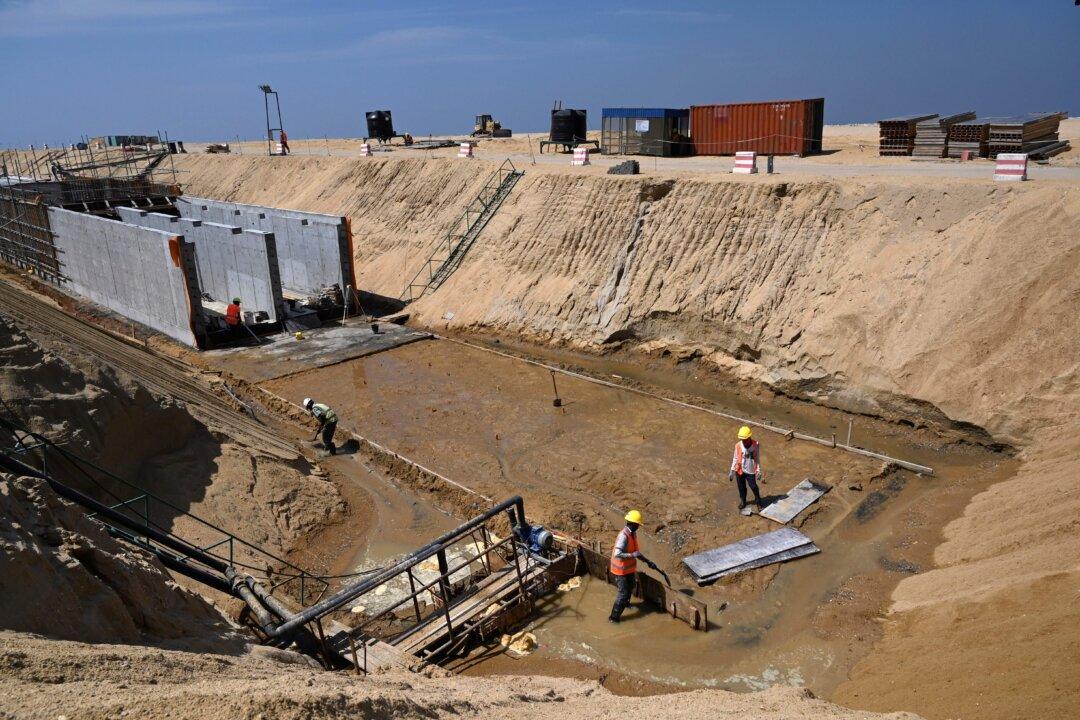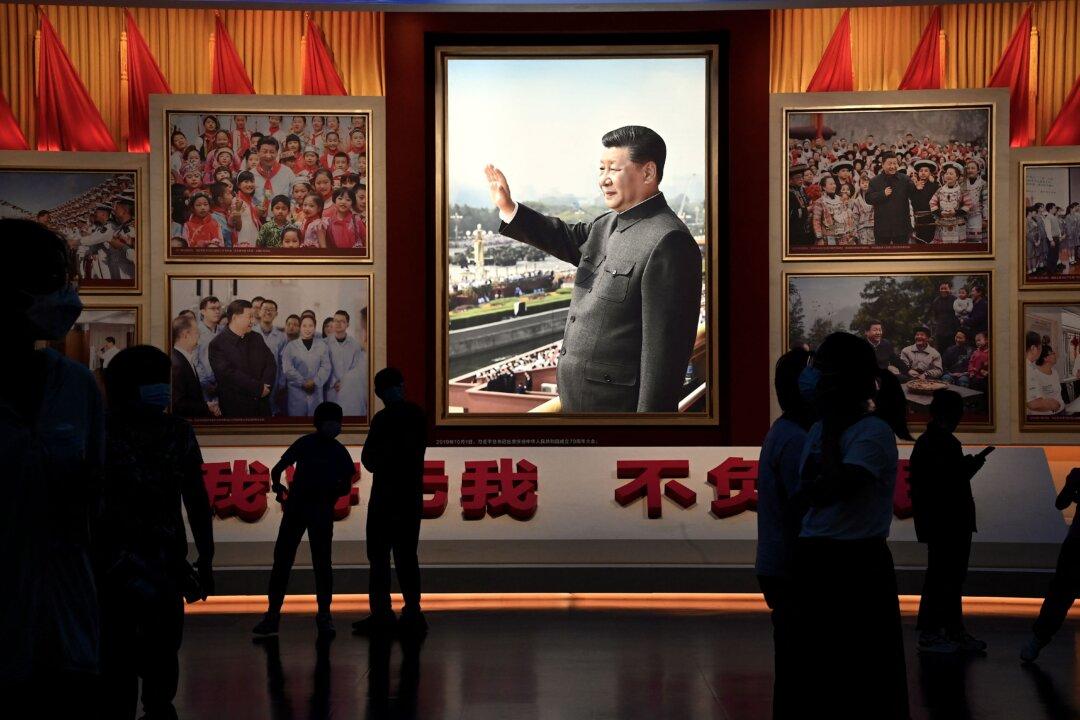The disagreement between Chinese leader Xi Jinping and Premier Li Keqiang has become more obvious than ever. With the Chinese economy currently in turmoil and at huge risk, Xi insists on pushing his “zero-COVID” policy at all costs, while Li calls for stabilizing the economy at all costs.
On May 25, Li convened a national televised and telephone conference on the economy, which was attended by 100,000 local Chinese communist officials from across the country, with the theme of “stabilizing the economy at a macroscopic level and stabilizing employment,” according to Chinese media.
